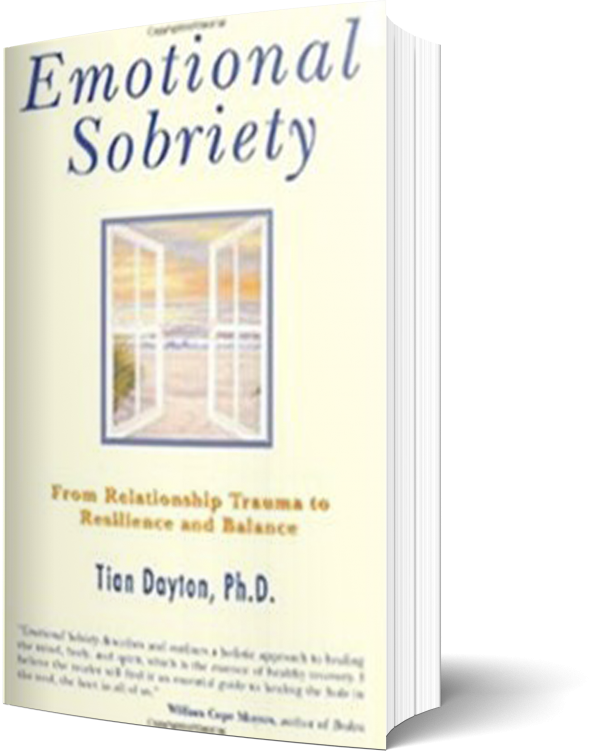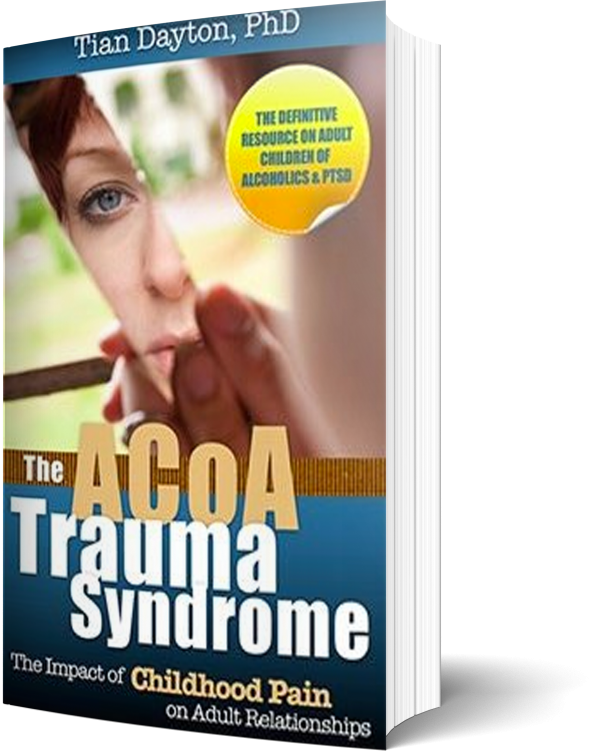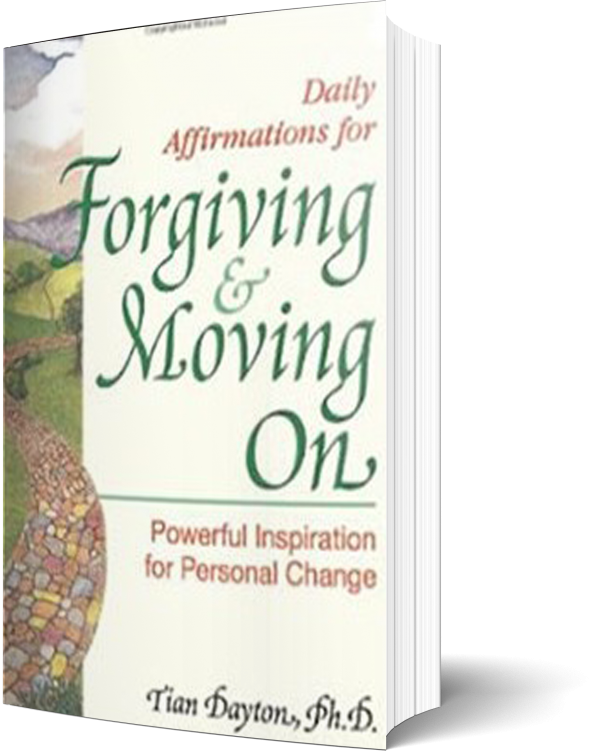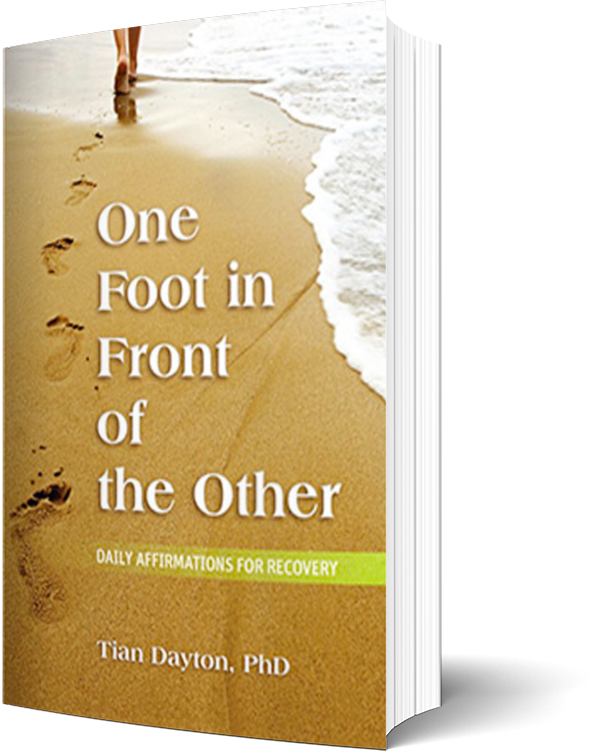Grief that is out in the open, that is part of the natural cycle of life or one of life’s tragic circumstances has a dignity to it. The person experiencing a loss feels that they have a right to grieve and to accept caring and attention from those they love. However the kinds of losses that accompany issues such as addiction do not necessarily command the respect of others nor does the person experiencing the loss necessarily feel a right to the support they long for.
But there is another kind of loss that we need to attend to as well, one that is less easy to see, that also needs mourning. The loss of self. The losses that so often accompany addiction whether from being an addict or living with addiction roll out from year to year in a never ending cycle, they lack a clear beginning, middle and end. These are losses that may have been buried under years of denial and obfuscation, losses that went unrecognized, that became disenfranchised or thrown out of conscious awareness. In addition to a loss of self might be a loss of safety, of a comfortable childhood or the feeling that we were seen and heard by those we depended upon. A loss of the space held safe in which to grow up. In these cases people may be at risk for acting out pain that they do not properly see themselves, not necessarily because they refuse to acknowledge it, but because their feelings surrounding these almost invisable losses are so confusing and difficult to find and feel. They have been neatly hidden under days gone by, the child who was not seen or listened to becomes the adult who cannot see or hear himself.
Addiction and Grief
People abusing substances have been able to medicate pain associated with grief, often for periods of many years. In sobriety, losses that went ungrieved, that were numbed through self-medication rather than felt, understood and integrated, will inevitably surface. Furthermore, the feelings they arouse will be confusing because they may reach back for years, even decades, in the life of the addict or recovering person. Without the coping strategy of self-medication, the sober addict will need to summon the strength to live through the pain that previously felt like too much to tolerate.
Addiction itself, along with codependency, carries much grief and loss in it’s wake. Grief is widely accepted as an issue that needs to be addressed during recovery from either. Oftentimes, treatment programs get legitimately concerned that addressing powerful issues of grief could undermine sobriety. However not addressing them opens the door to relapse when they eventually do emerge. Some awareness and understanding of the grief process can actually normalize grief so that when it does come up it is somewhat less derailing.
Because the addict has relied on a substance to manage their emotions and their inner world, they may have trouble mourning, they have removed their substance and will likely feel pain much more intensely, pain that they have previously managed synthetically can become overwhelming its raw and unerving form. And their issues may be complex and thorny. They may need to grieve, for example, the life they have lost through addiction, the lost time, the lost years that they could have devoted to getting their lives in order or the pain that they have caused those they love. And they may well be grieving these issues with a weakened or underveloped set of psychological and emotional tools.
A Powerful Combo: When the Past and the Present Crossover
“One of the pervading symptoms of Post-Traumatic Stress Disorder disorder (PTSD) both in soldiers and those who have experienced some form of physical, sexual or emotional abuse, neglect or living with addiction, is the desire to self-medicate with drugs or alcohol,’ says Bessel van der Kolk, expert on PTSD. This means that someone who has experienced trauma in childhood and used substances as a mood regulator because their own skills of self regulation felt compromised, may be recovering both from PTSD and addiction when they give up their substance or compulsive behavior. Sex addicts who are reenacting their victimization from childhood sexual abuse for example, by acting out sexually as adults, may need to deal with the pain from both as they recover. Similarly ACOAs who were traumatized by living with parental addiction and who themselves became addicts in order to manage that unconscious pain and resentment, will likely be dealing with both in recovery.
Some Warning Signs of Unresolved Grief
· Excessive guilt
· Excessive anger/sudden angry outbursts
· Recurring or long-lasting depression
· Caretaking behavior, displacing our unfelt sense of neediness or sadness onto someone else then setting about “fixing” in them what may need fixing in us.
· Self-mutilation
· Emotional numbness or constriction
· The desire to self medicate
Recognizing some of the behaviors listed above as connected to unresolved grief provides a way of dealing with them. Passing through the pain that has been the driver behind self destructive behaviors, really entering into a grief process not for a person who has died but the self who died or who went into hiding, is deeply freeing and healing. It is necessary. Simultaneously reigniting hope in a positive future and learning to rely on a strong recovery network is equally important in securing safe passage through this Stygian journey. But like so many things in recovery, the relief, excitement and even wonder in moving through pain, the joy of self understanding and the warmth of connecting with others makes many if not most “not regret nor wish to close the door” as we say in program, on the past that bought them to this new and more enlightened way of living and loving.






